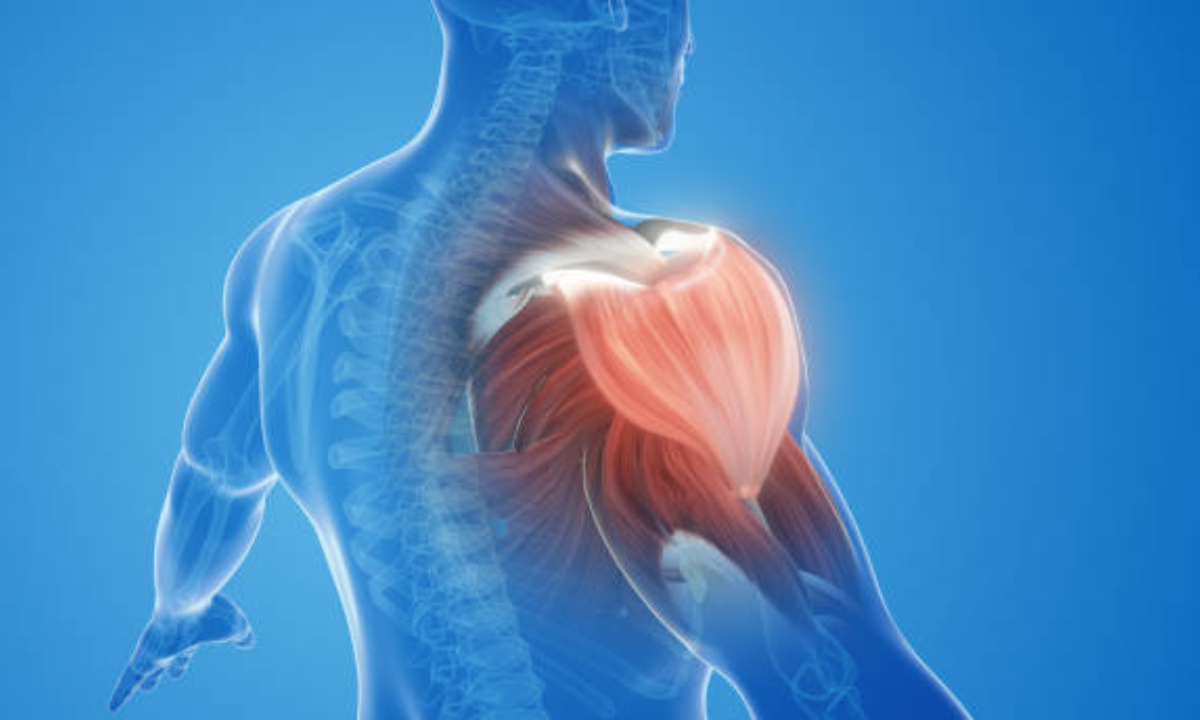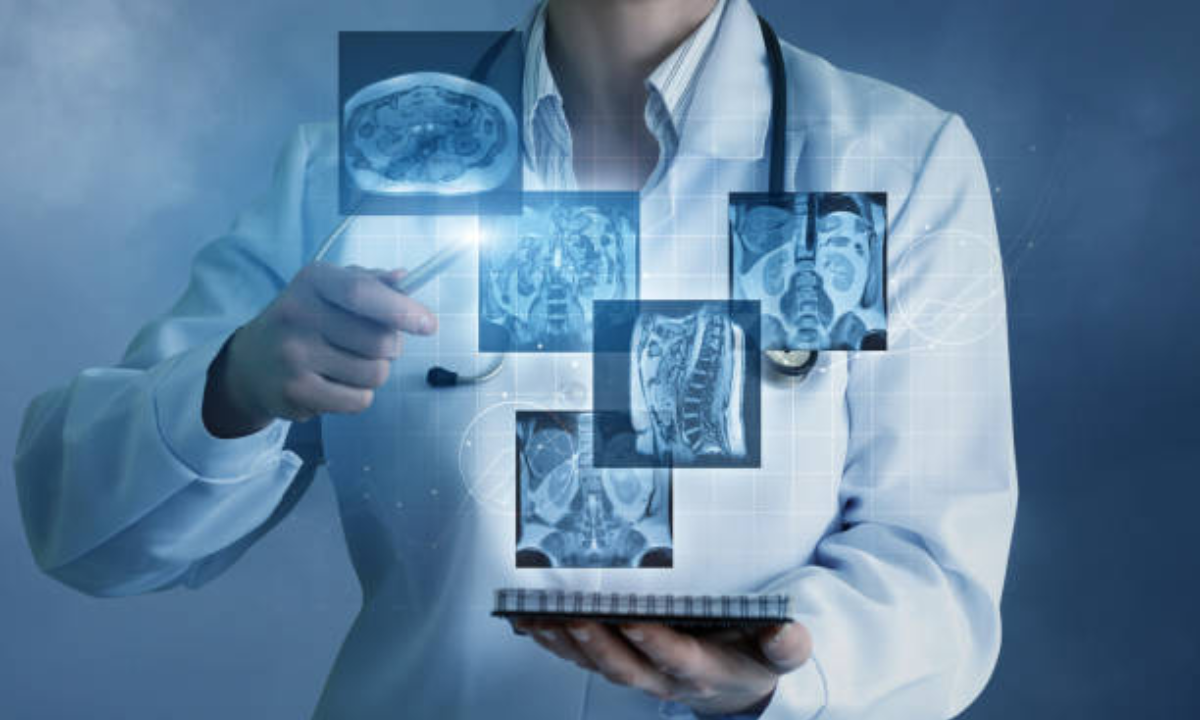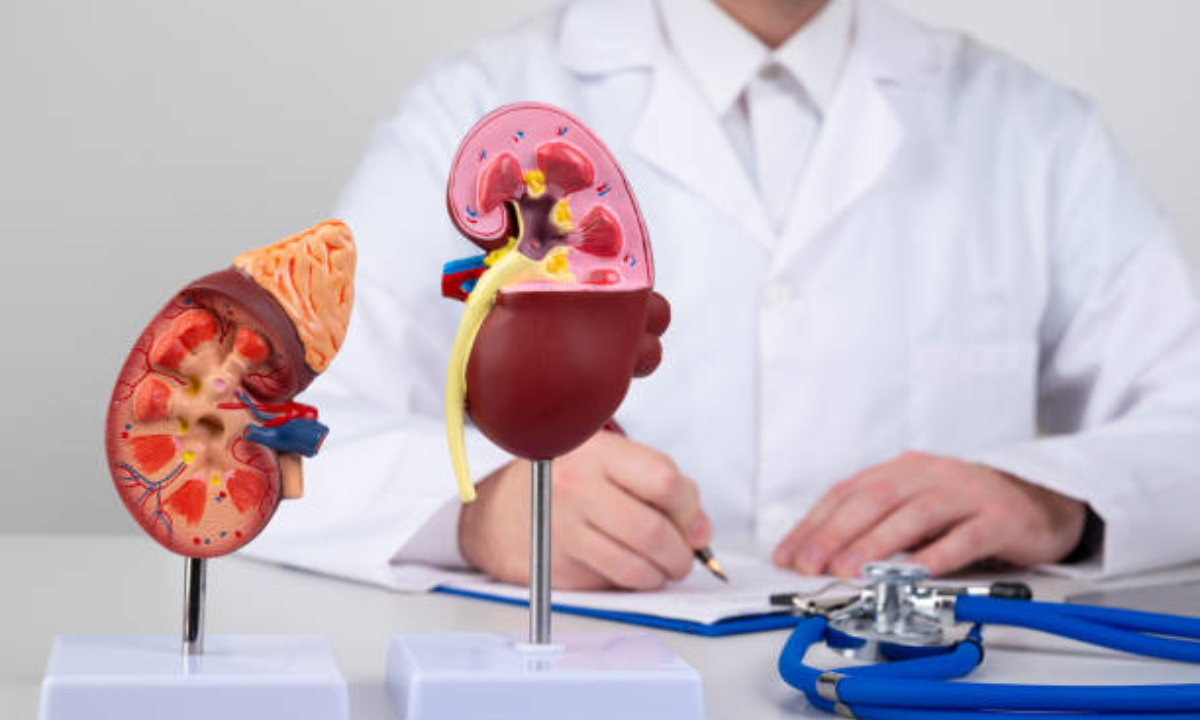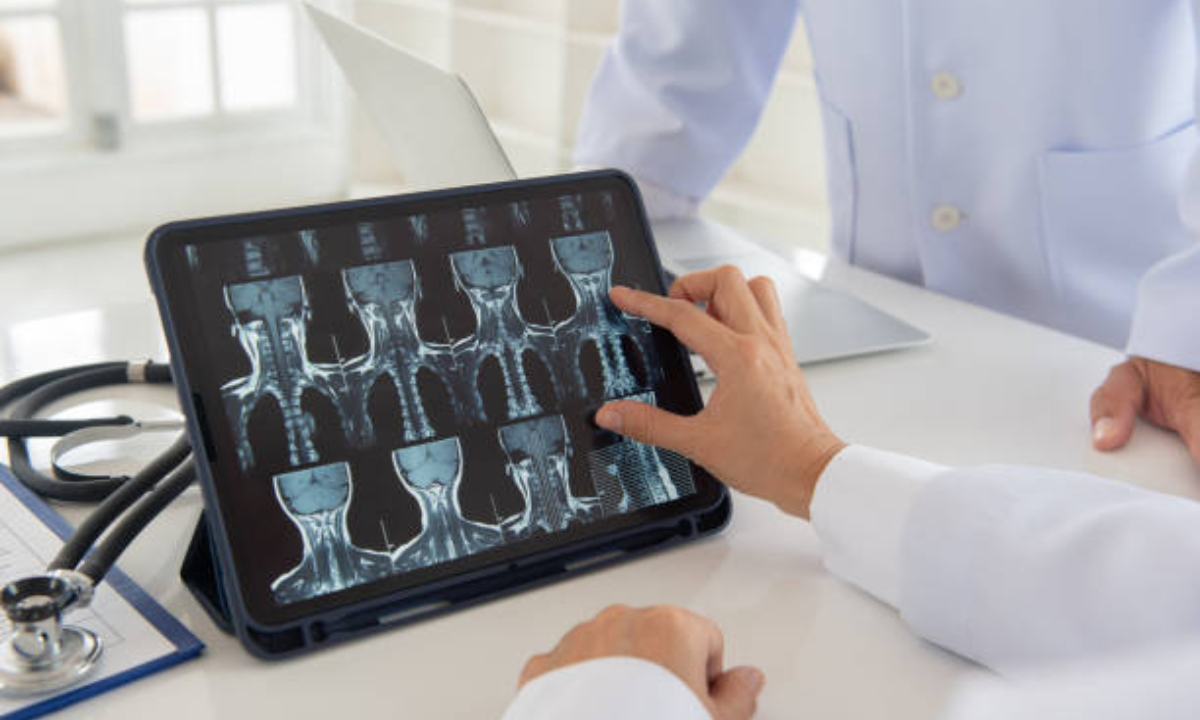Really can CT scan detect muscle strain? Muscle strains are common injuries that can affect anyone, including sportsmen and the general public. While most muscle strains may be diagnosed with a physical examination and a patient history, in some cases a more complete examination is required to determine the extent of the damage. . Understanding how a CT scan operates and detects muscle tension is critical for anybody interested in medical imaging, including athletes, healthcare professionals, and fitness enthusiasts.
A computed tomography (CT) scan produces a thorough cross-sectional image of the body’s internal anatomy. This sophisticated imaging technology is very beneficial in determining the exact location and severity of muscle strains. A high-quality CT scan in Bangalore can help locals better diagnose and treat muscular diseases. Whether you’ve recently been in an accident or have recurring muscular problems, understanding the benefits and potential of CT scans will help you make better decisions regarding your health and rehabilitation.
How CT Scans Work
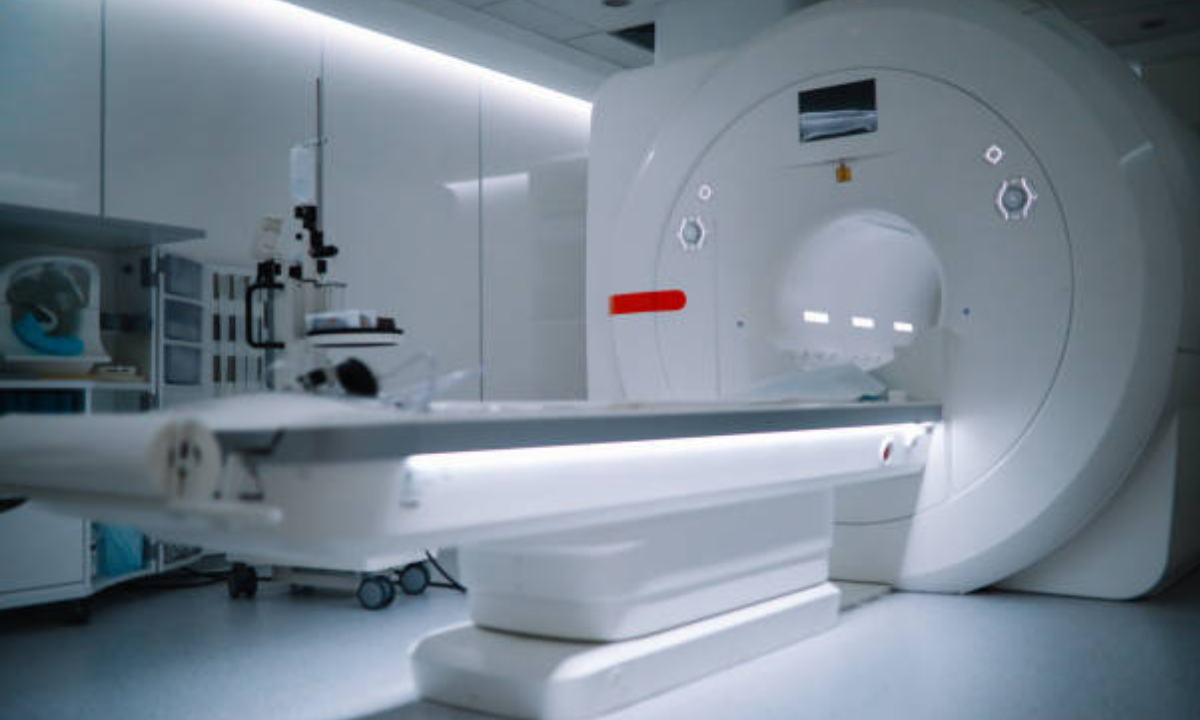
A CT scan, or computed tomography, is a cutting-edge imaging technique that collects X-ray signals from various angles and processes them on a computer to produce detailed cross-sectional images of the body. Doctors can now examine bones, muscles, fat, and organs throughout the body in unprecedented detail because to cutting-edge technology. CT scans provide a detailed image of inside structures, allowing for precise diagnosis and treatment planning.
A CT scan includes laying on a table that glides into a big, doughnut-shaped piece of equipment. X-ray beams revolve around the body, taking several images that the computer subsequently combines into a full depiction of the area under examination. These images can be viewed in both 2D and 3D, giving healthcare practitioners a thorough understanding of the body’s internal structures. Individuals seeking this treatment should be aware that the cost of a CT scan in Bangalore varies depending on the diagnostic center and the scan’s specific requirements, making it vital to choose a reputable institution that provides high-quality imaging services.
Understanding Muscle Strain
Muscle strains occur when muscles or the tendons connecting them to bones get overstretched or torn. These injuries might result from sudden hard lifting, long-term overuse, or a simple occurrence. Symptoms of muscle strain include soreness, oedema, weakness, and trouble moving the afflicted area. Understanding the strain’s severity is crucial, as it can range from mild to severe. Small strains are easily treated with rest and conservative care; however, more severe strains may require advanced diagnostic methods to identify the degree of the injury.
Early recognition of symptoms and appropriate therapy are important to recovery. Severe muscle strains, if not managed, can create chronic discomfort and complications. In some cases, advanced imaging techniques, such as CT scans, may be necessary to acquire a clear picture of the injury. These scans provide precise data that can be used to guide appropriate treatment regimens, resulting in a better outcome and speedier recovery. Being aware of muscle strains and their potential severity allows you to take the necessary steps to recover and maintain overall muscle health.
What happens during a CT scan.
The procedure for obtaining a CT scan for muscular strain is uncomplicated. Here’s what you may expect:
Preparation: You may be asked to change into a hospital gown and remove any metal objects that could interfere with the imaging process. Metal can distort images and reduce scan quality, hence it is critical to ensure that none exists.
Positioning: You will lie down on the CT scanner table, and the technician will carefully position you to get the correct images. Proper placement is critical for capturing clear and comprehensive photos of the area being inspected.
Scanning: The table will be gently guided through the CT scanner, a big doughnut-shaped device. You may hear whirring or clicking noises while scanning. It is critical to keep as still as possible during the scan to avoid fuzzy images and obtain the most precise results.
Contrast Material: A contrast dye may be injected into your bloodstream to improve the image. This dye illuminates certain tissues, making it easier to see blood flow, inflammation, and injuries. The use of contrast material is governed by the scan settings and the area under evaluation.
Completion: A complete scan normally takes only a few minutes. Unless your doctor instructs otherwise, you should be able to resume routine activities following surgery. A radiologist will evaluate the photos and share them with your doctor to assist in diagnosing and planning your treatment.
How a CT Scan Detects Muscle Strain
CT scans are quite successful at detecting muscle strains, particularly when the damage is severe and conventional diagnostic approaches are equivocal. A CT scan’s comprehensive images can reveal several important elements of a muscle strain, including:
Muscle Tears: CT scans can produce clear images of both partial and total muscle rips. This level of detail allows healthcare personnel to precisely determine the location and amount of the injury, which is crucial for accurate diagnosis and treatment planning.
Swelling and Inflammation: Scans might reveal locations of significant oedema or fluid buildup. This is especially important for measuring the level of inflammation and understanding how the body responds to the injury.
Hemorrhage: CT scans can reveal bleeding within or around the muscle, indicating the severity of the strain and the need for immediate medical intervention.
Bone Involvement: These scans can also reveal whether the muscle tension has impacted adjacent bones or joints. This information is critical for thorough therapy planning, as injuries to bones or joints may necessitate different care tactics than isolated muscle strains.
Advantages of Using CT Scans to Detect Muscle Strain
Using a CT scan to diagnose muscular strains has several major benefits, especially for Bangalore residents seeking complete diagnostic options.
High Resolution: CT scans give incredibly detailed images that show even the smallest details of muscle and tendon injury. This high resolution allows healthcare providers to accurately assess the degree and severity of the strain.
Speed and Efficiency: The scanning process is rapid, making it perfect for patients who are in pain or need an immediate diagnosis. This efficiency decreases discomfort while assuring a prompt medical examination.
Comprehensive Imaging: CT scans, unlike traditional X-rays, generate detailed cross-sectional images. These photos provide a comprehensive view of the injury, facilitating precise diagnosis and therapeutic planning.
Non-Invasive Nature: Non-invasive CT scans don’t require surgery or large incisions. This minimizes patient discomfort while eliminating the risks associated with invasive procedures.
Guided Treatment Options: The exact images from CT scans assist healthcare specialists in developing appropriate treatment plans, including surgical procedures when necessary. This guideline ensures that medications are focused and successful.
Conclusion: The value of CT scans in identifying muscle strain.
CT scans are especially useful in identifying muscle strains when physical tests do not accurately assess the degree of the injury. CT scans allow healthcare providers to accurately diagnose and treat muscle strains by capturing comprehensive images of the afflicted area, resulting in better patient outcomes. Understanding the meaning of CT scans is essential for making informed decisions about your health and rehabilitation, whether you are an athlete, a healthcare provider, or a patient with a muscle injury.
In Bangalore, diagnostic facilities with advanced CT and PET scan equipment offer precise imaging solutions for a wide range of medical conditions, including muscular strains. These facilities encourage exact diagnosis and provide comprehensive care tailored to each patient’s unique health needs. Choosing a reputed diagnostic institution gives you access to cutting-edge imaging services, allowing for faster and more effective treatment options. CT scans in Bangalore are essential for enhancing healthcare delivery and patient well-being, whether to confirm a diagnosis or plan appropriate interventions.
Kiranpet Diagnostic Centre offers comprehensive medical imaging and diagnostic services, providing accurate and timely results to support patient care. contact us today +91 70902 70904

